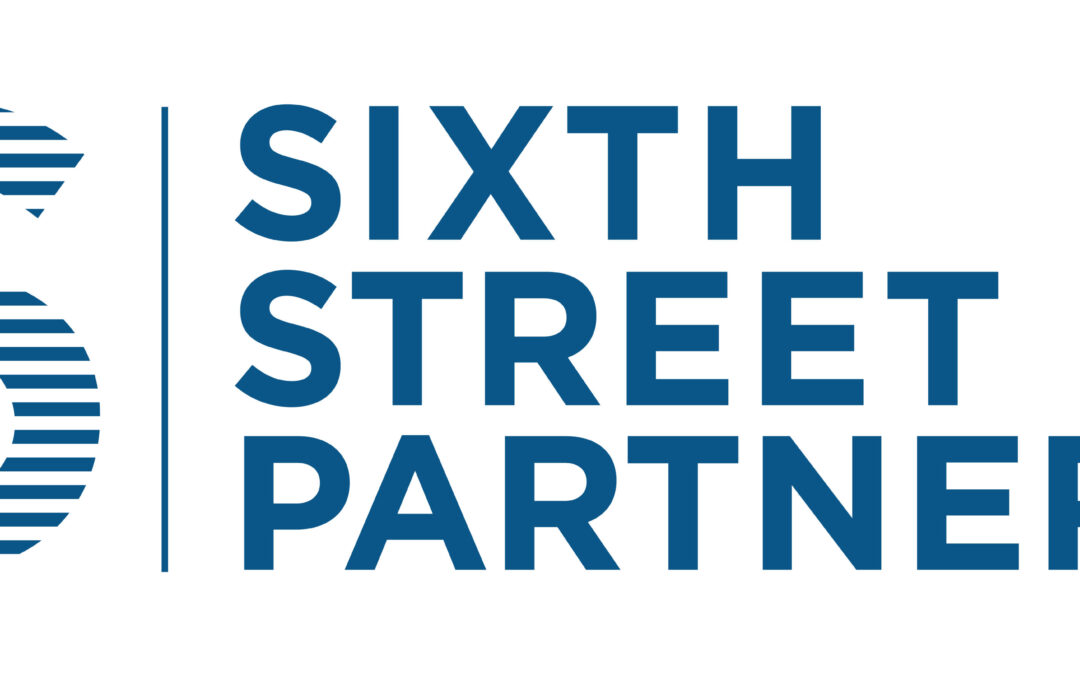A former affiliate of private equity firm TPG has amassed one of the biggest pools of private capital on record as investors seek opportunity from the economic uncertainty unleashed by the coronavirus pandemic.
Sixth Street Partners has brought in $10bn for its flagship fund, a nine-year-old vehicle known as Tao, since it was reopened to new investment in April, according to people familiar with the matter. It now totals $22.5bn and the firm has told investors it would cap the fund at around $24bn at the end of September.
That would put it just behind the record-breaking private equity funds Blackstone Group and Apollo Global Management finished raising in 2019 and 2017, which came in at $26bn and $24.7bn, respectively. It would rival the €21.3bn buyout fund CVC Capital Partners completed this summer.
All that cash streaming in has brought to more than $2tn the amount firms have raised to invest across global private markets, including equity and debt, according to advisory firm Hamilton Lane. Expensive markets made that challenging in recent years, but now many investors are hoping that the pandemic will create a fresh wave of opportunities.
Sixth Street is the former credit arm of TPG. It was founded in 2009 by 10 partners, many of whom worked together under Chief Executive Alan Waxman in Goldman Sachs Group’s special situations group, which has wide leeway to invest wherever it sees an opportunity.
Sixth Street has historically kept a low profile but that might be changing as the firm, which formally separated from TPG in May and now has about $48bn in assets, prepares to invest its newly bolstered war chest during an unprecedented economic crisis.
Unlike the other mega funds, Tao doesn’t do leveraged buyouts. It does, however, do just about everything else, including investing in the debt or equity of public and private companies, buying real estate, funding infrastructure projects and seeding new businesses in markets around the world. The fund has been most active recently in investments in rapidly growing companies and balance-sheet bolstering transactions such as a splashy $1bn deal with home rental startup Airbnb.
Earlier this month, Sixth Street announced a $500m loan to Biohaven Pharmaceutical Holding to help the biotech company bring a new migraine drug to market. The same day, Designer Brands, the parent of shoe-store chain DSW, said it received a $250m term loan from a Sixth Street-led group. Tao participated in both deals.
Finding a way to put all its new cash to work profitably won’t be easy, though. The pandemic has dealt a blow to many companies, stoking their appetite for capital, but the shape and pace of the economic recovery has been difficult to predict. Complicating matters has been the Federal Reserve, which has made ample credit available, helping companies that otherwise would have struggled to stay afloat. As a result, some investors that have raised money hoping to take advantage of the dislocation are still waiting for the opportunity to put the cash to use.
The flexibility of Tao’s strategy and its unusual structure could work to its advantage. While most private equity or debt funds typically invest over a three-to-five-year period and then return the capital to investors, Tao is open-ended. That means the fund doesn’t have to return capital over a specific time frame, enabling it to hold investments for longer periods. Unlike typical buyout funds, Tao uses leverage sparingly.
Its performance isn’t disclosed, but the firm’s publicly listed lending vehicle, which sometimes invests alongside Tao, is one of the few such funds that trades above its net asset value.
Tao, which was closed to new investors in 2017 at more than $9bn, was reopened in April, according to people familiar with the matter. Plans to do so were detailed in a March letter to investors seen by The Wall Street Journal. Sixth Street also said it would start investing from a related $3bn-plus pool it had raised earlier to take advantage of market turmoil.
“We believe this crisis is creating a step-function change in the need for our capital, capabilities and expertise,” the letter said.
An example is Sixth Street’s April investment in Airbnb. The deal — in partnership with private equity firm Silver Lake — was done out of Tao, with a portion coming from Sixth Street’s growth fund, according to people familiar with the transaction.
A few days after that, a Macquarie Group infrastructure fund bought a majority stake in AirTrunk Operating Pty, valuing the Asian data center platform that Sixth Street and Goldman backed in 2017 at more than $2bn. Sixth Street earned more than four times its money on its debt-and-equity investment in the deal, which was split between Tao and the firm’s special-opportunities vehicle, the people said.
Source: Wall Street Journal
By Miriam Gottfried




